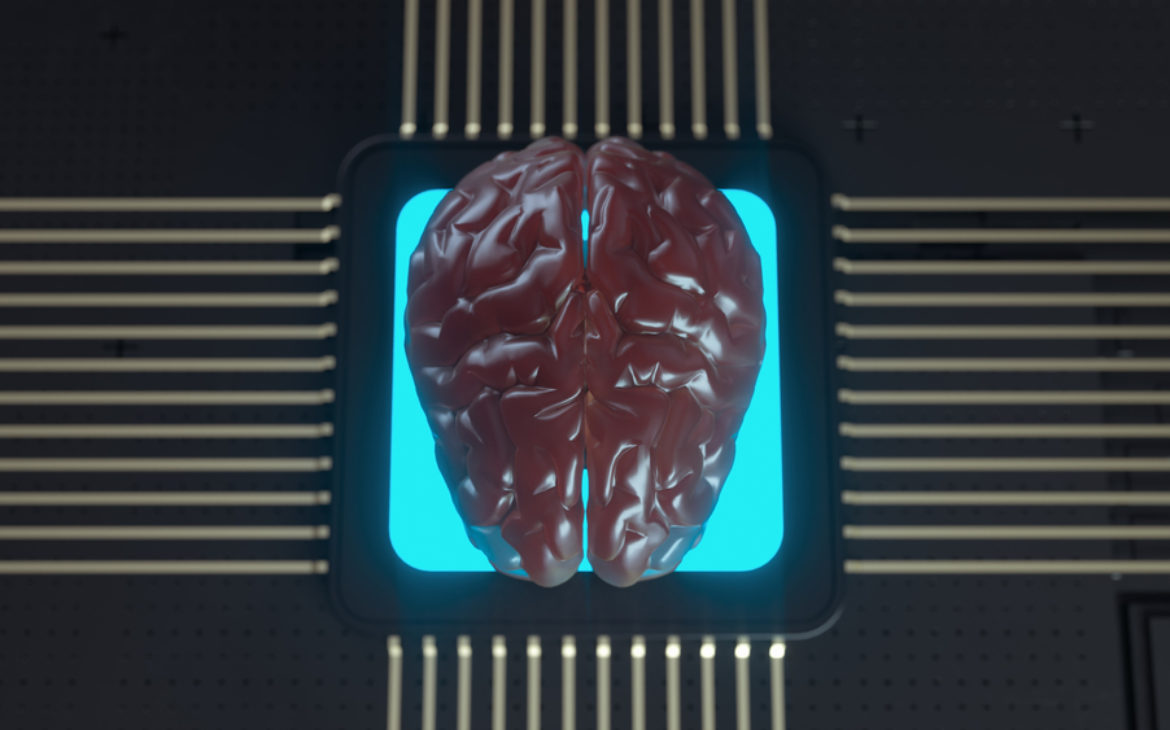The trial will consider individuals suffering from paralysis due to cervical spinal cord injuries or amyotrophic lateral sclerosis (ALS). However, the exact number of participants for this study has not been disclosed. The trial is expected to span approximately six years.
Patient-participants will have a brain-computer interface (BCI) device surgically implanted by a robot in a region of the brain that controls the intention to move. It will then record and transmit brain signals to an app, with the initial objective “to grant people the ability to control a computer cursor or keyboard using their thoughts alone,” the company wrote.
Neuralink had originally sought approval to implant its device in ten patients. However, the company negotiated a lower patient number with the U.S. Food and Drug Administration (FDA) after safety concerns were raised by the agency, as indicated by both current and former employees. The specific number of patients approved by the FDA remains undisclosed.
Elon Musk has ambitious plans for Neuralink, envisioning rapid surgical implantation of its chips to treat conditions such as obesity, autism, depression, and schizophrenia.
In May, Neuralink announced that it had received FDA clearance for its first-ever human clinical trial, even though it was already under federal scrutiny regarding its handling of animal testing.
However, even if the BCI device proves to be safe for human use, experts suggest that it could still take more than a decade for Neuralink to secure commercial clearance for its technology.
